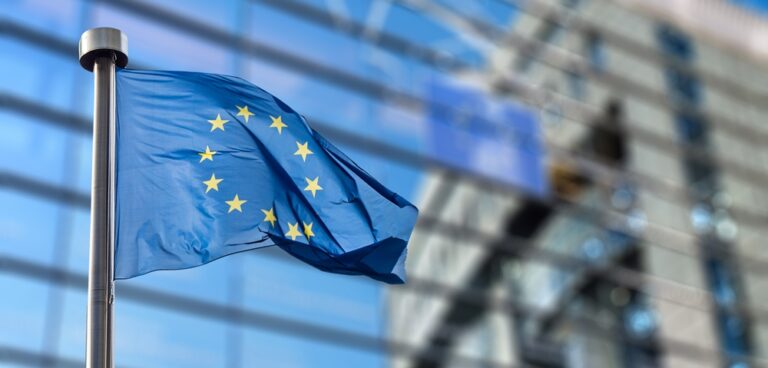The number of UK businesses exporting solely to the EU fell by 19% in 2024 to 14,300, from 17,800 in 2023, says London-based chartered accountants and business advisers Lubbock Fine LLP.
Meanwhile, the number of UK businesses importing and exporting exclusively to non-EU countries increased 12% over the same period to 132,000, up from 118,000.
Alex Altmann, Partner at Lubbock Fine and head of the firm’s German Desk, says this drop in companies exporting to the EU highlights how welcome the May 19th EU/UK trade agreement is. The deal will see a reduction on veterinary checks on plants and animals transported from the UK to the EU.
The drop in EU-focused exporters over the last year suggests UK businesses have been continuing to shift away from EU trade just as US tariff increases hit the UK economy. The fear of red-tape and growing regulatory divergence between the UK and EU since Brexit has prompted many companies to focus on non-EU markets.
Alex Altmann, who is also the Vice President of the British Chamber of Commerce in Germany, says: “The paperwork involved in trading with the EU has pushed many UK businesses away from their largest export market. Let’s hope that the May 19 agreement is a first step in reducing red tape. The problems caused to UK businesses by Trump’s tariffs shows that the EU will remain a key market.”
Regulatory divergence with the EU impacting UK business – and recent trade deal leaves much unresolved
A recent example of post-Brexit regulatory divergence is the UKCA safety mark, which replaced the EU’s CE mark – a standard certification showing a product meets health, safety and environmental standards. In addition to changes in certification, UK exports now spend longer being inspected in EU customs.
Alex Altmann says: “More regulation means more paperwork – which is time consuming and expensive for businesses.”
“On top of that, slow movement at the border causes delays for customers. UK exporters often find client relationships have been damaged to the point where their customers find alternative suppliers within the EU.”
Altmann adds that the recent UK-EU trade deal does little to address the underlying problems that many UK exporters face. A key shortcoming of the deal is its narrow focus – with only provisions for fishing and food exporters.
Says Alex Altmann: “The recent trade deal is a step in the right direction but falls far short of resolving the wider issues.”
“Many important sectors – like manufacturing or professional services – are absent from the latest agreement. These sectors account for a large portion of UK exports so they should really be a priority for the Government.”
“What’s also needed is a long-term commitment by both parties to streamline regulation. This will reduce business uncertainty and increase investor confidence – both of which will contribute to sustainable growth.”

